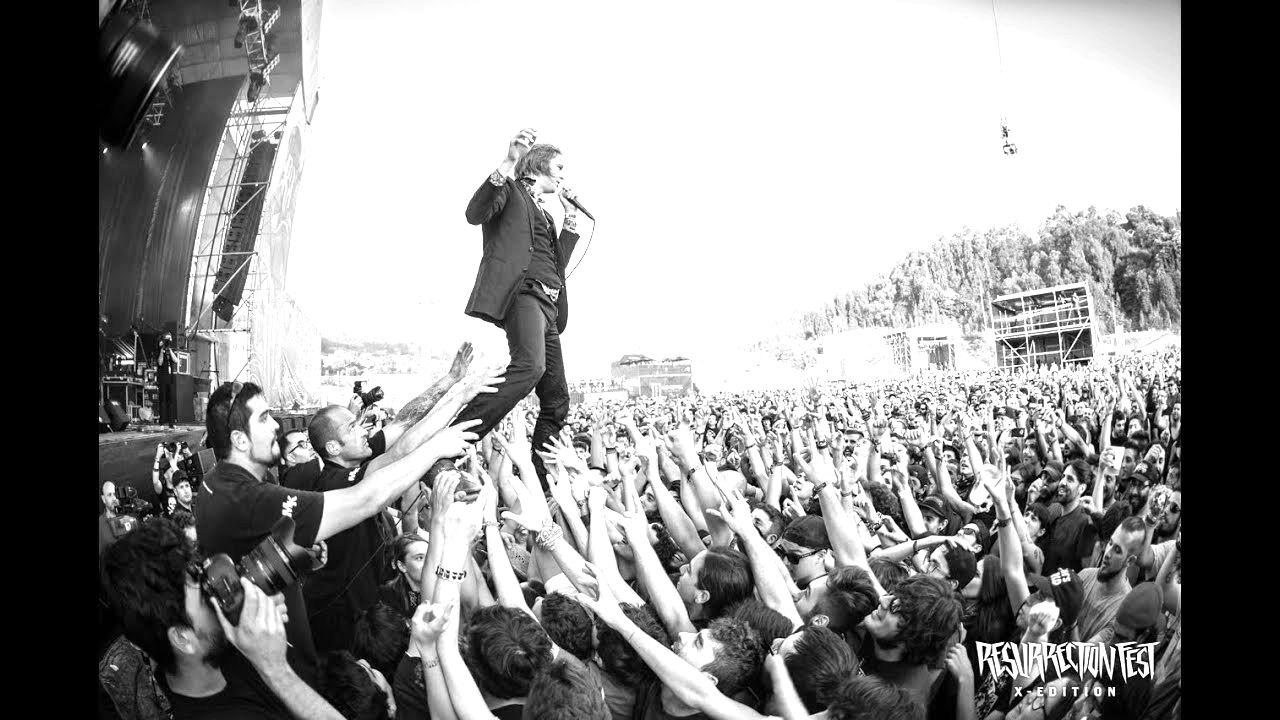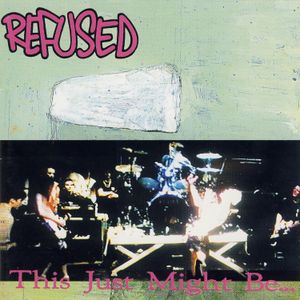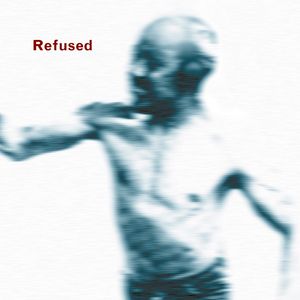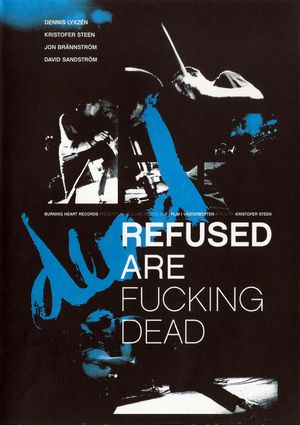

Refused
Follow Your Favorite Band Today!
Top Refused Community Posts
Story of Refused
Refused: The Swedish Hardcore Pioneers
Refused, hailing from Umeå, Sweden, emerged in the early 90s as a powerhouse of hardcore punk. Formed in 1991, the band's lineup solidified with vocalist Dennis Lyxzén, guitarist Kristofer Steen, drummer David Sandström, and bassist Magnus Flagge. Guitarist Jon Brännström joined the ranks in 1994, remaining through several reunions until his departure in late 2014.
Refused's music was fueled by a distinct non-conformist spirit and a politically charged, far-left ideology. They were also, for a time, associated with the straight edge subculture. Their debut album, This Just Might Be… the Truth (1994), established their sonic identity, followed by Songs to Fan the Flames of Discontent (1996) and a string of EPs.
Their 1998 masterpiece, The Shape of Punk to Come, pushed boundaries with its unique blend of hardcore punk, jazz, and electronic elements. However, despite its revolutionary sound, the album initially received a lukewarm reception, commercially and critically. Sadly, this led to the band's disbandment during their subsequent tour.
Despite their limited success at the time, Refused's influence on rock music has reverberated across decades. Their innovative approach and unwavering commitment to their beliefs left an indelible mark on the genre, inspiring generations of musicians to come.
Frequently Asked Questions
Bands you may like
More Hardcore Punk Bands
Discover more bands in the Hardcore Punk genre and explore the diverse sounds that define this musical style.
Browse All Hardcore Punk BandsMore Bands from Sweden
Discover the rich musical heritage of Sweden and explore bands that represent the country's unique sound and culture.
Browse All Sweden Bands





